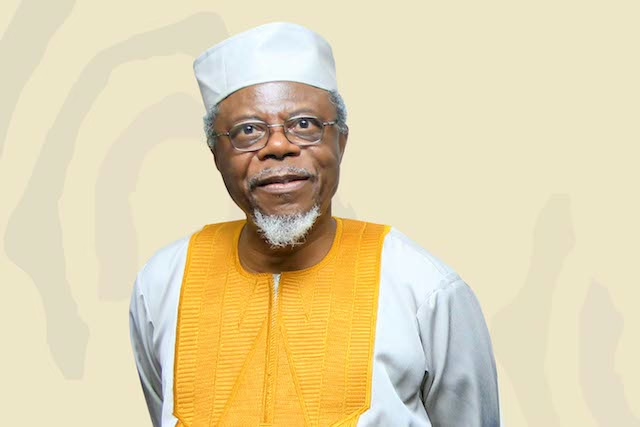migration at TOFAC 2025″ style=”display: block; margin: 0 auto 10px; max-width: 100%;” />
Exploring Modern African Migration: Empowerment and Respect
Participating in the JICA TICAD9 2025 conference in Japan has been an exceptional honor. I extend my sincere appreciation to my gracious hosts, Makiko Itoh, Seifudein Adem, and the dedicated team at the JICA Ogata Sadako Research Institute for Peace and Development. Their professionalism and dedication are truly commendable. Under the visionary guidance of Executive Director Yoichi Mine, the Institute continues to set a high standard for research and collaboration.
The Dynamics of African Migration Today
Contemporary migration patterns across Africa reveal a complex interplay of agency and dignity among migrants. Unlike traditional narratives that often depict African migrants solely as victims of circumstance, current trends highlight their proactive roles in shaping their destinies. For instance, recent data from the International Organization for Migration (IOM) indicates that over 40 million Africans live outside their countries of birth, contributing significantly to both their host and home economies.
Agency in Movement: Redefining African Migrants’ Roles
African migrants increasingly exercise autonomy in their journeys, choosing destinations based on economic opportunities, educational prospects, and safety considerations. This shift challenges outdated perceptions and underscores the importance of recognizing migrants as active agents rather than passive subjects. For example, the rise of skilled professionals relocating to emerging African tech hubs like Kigali and Accra exemplifies this trend of purposeful migration.
Preserving Dignity Amidst Migration Challenges
Maintaining dignity throughout the migration process remains a critical concern. Many migrants face obstacles such as xenophobia, legal barriers, and precarious working conditions. However, initiatives like the African Union’s Migration Policy Framework aim to safeguard migrants’ rights and promote inclusive policies. These efforts are vital in ensuring that migration is not only a means of survival but also a pathway to empowerment and respect.
Looking Ahead: The Future of African Migration
As Africa continues to urbanize and its youth population grows-projected to reach 1.8 billion by 2050 according to the United Nations-the patterns of migration will evolve further. Emphasizing education, skill development, and regional cooperation will be essential in harnessing migration as a force for sustainable development. Conferences like TICAD9 provide a platform for dialogue and innovation, fostering partnerships that honor the agency and dignity of African migrants.
Article originally published on Premium Times Nigeria.


















0 Comments